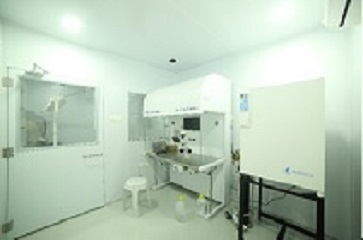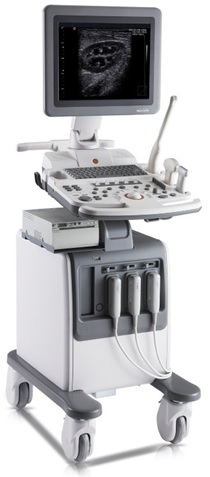


| Department | Doctor Name |
|---|---|
| Reproductive Medicine, Gynaecologist,IVF AND Infertilityspecialist | Dr. Indrayani Hatwar |
| Dr. Nishad Chimote | |
| Dr. Namrata Rathod | |
| Dr. Mira Har Prasad | |
| Pediatric & Neonatal Surgery, Urology, Laparoscopy & Bronchoscopy |
Dr. Sandeep Hatwar |
| Join Replacement & Orthopaedic Surgeon |
Dr. Karan Kishor Mane |
| Anaesthesia & Critical Care | Dr. Ravi Gurbani |
| Dr. Poonam Patil | |
| Dr. Gunjan Badwaik | |
| Dr. Jagdish Rathod | |
| Pathology | Dr. Vikas Ingale |
| Bariatric & Minimal Access Surgery | Dr. Ahsan Badar |
| General Surgery & Laparoscopy | Dr. Madhukar Thakare |
| Dr. Yunus Shah | |
| Dr. Pitambar Masram | |
| General Medicine & Critical Care | Dr. Saurabh Rathi |
| Dr. Sameer Dasarwar | |
| Opthalmology | Dr. Rahul Tiwari |
| Plastic Surgery | Dr. Manish Zade |
| Urology | Dr. Sandeep Deshmukh |
| Neurosurgery | Dr. Pankaj Sarda |
| Dr. Yogesh Shende | |
| ENT | Dr. Bhagyeshree Lonkar |
| Faculty |
|---|
| IVF Specialist |
| Embryologist |
| Obstetrician & Gynaecologist |
| Obstetrician & Gynaecologist |
| Pediatric Surgeon |
| Joint Replacement & Orthopaedic Surgeon |
| Anaesthetist & Intensivist |
| Anaesthetist |
| Anaesthetist |
| Anaesthetist |
| Pathologist |
| Bariatric Surgeon |
| Laparoscopic & General Surgeon |
| Laparoscopic & General Surgeon |
| Laparoscopic & General Surgeon |
| Intensivst & Physician |
| Intensivst & Physician |
| Vitro-Retinal Surgeon |
| Plastic Surgeon |
| Urologist |
| Neurosurgeon |
| Neurosurgeon |
| ENT Surgeon |